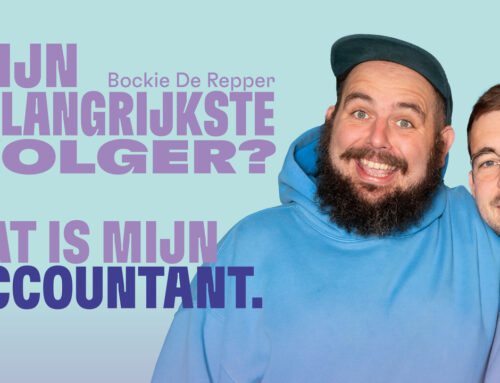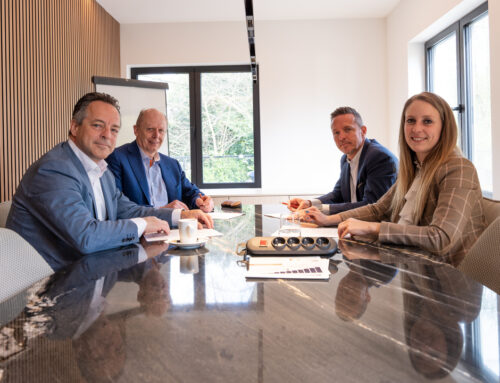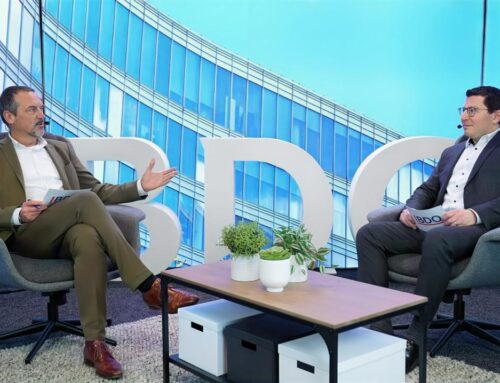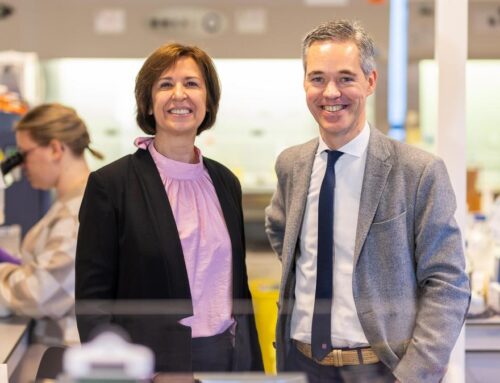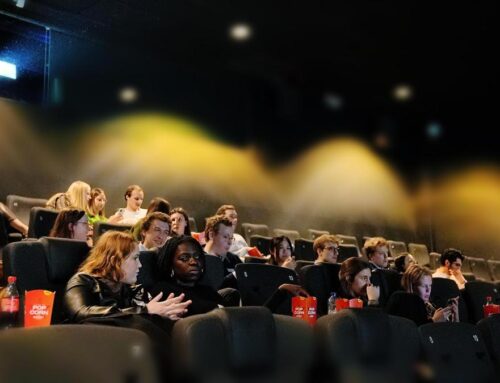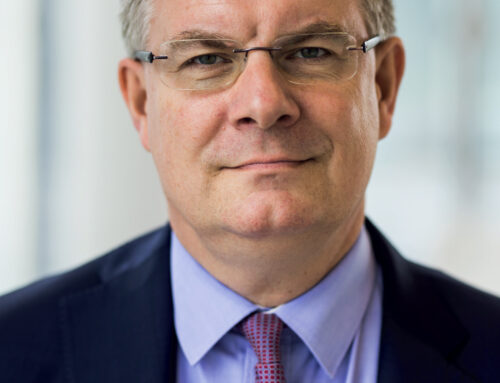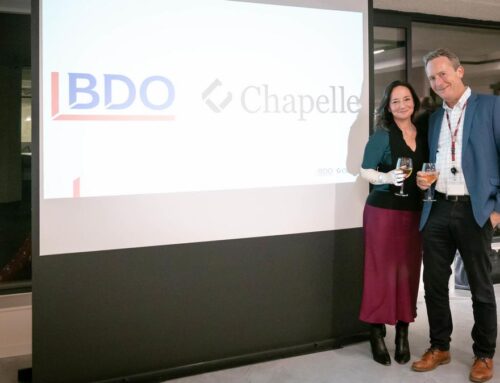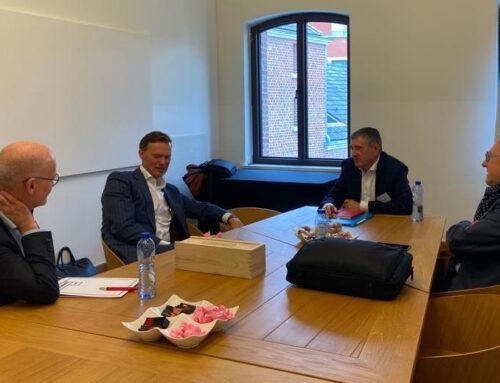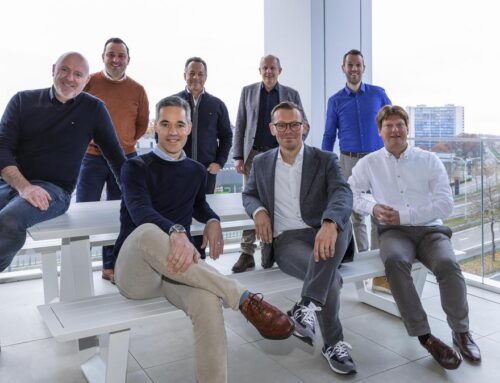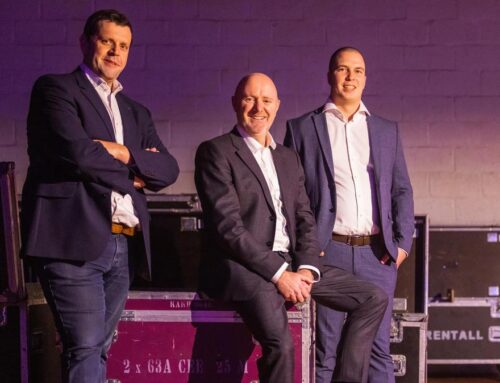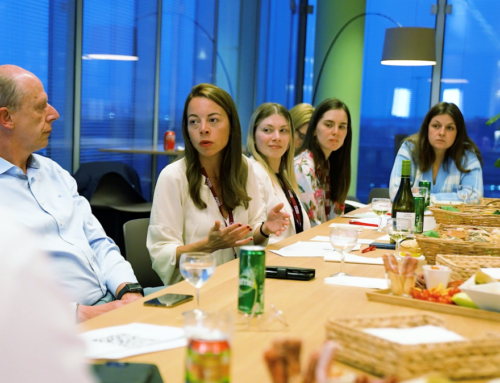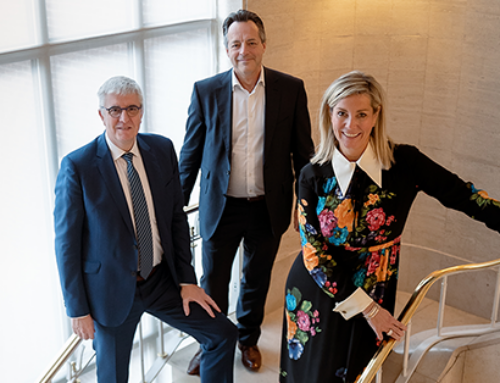‘Employee engagement’: a fine example of pure craftsmanship
Turn your employer brand into a unique asset
Laurien Van Nieuwenhove, Content Officer BDO Marketing & Communication
No less than 87% of employees don’t feel engaged when it comes to their employer, even though employee engagement is fundamental to a company’s success. In other words: high time for action! Marketing experts Inge van Belle and Klaus Lommatzsch have used their extensive experience to write ‘Employee engagement, what else?’, in which they explain the drive to take your engagement game to the next level.
The full title of the 224-page work – Employee engagement, what else? Beproefde marketinginzichten voor een sterker hr-beleid – speaks volumes. A successful company relies on much more than a smart strategy and strong management. A positive company culture, in which employees are encouraged to get the best out of themselves and thus drive the company forward, is just as crucial. “Your employees are your ambassadors and directly influence how your customers perceive your organisation. If they love their job, the customers love your brand,” says Inge van Belle. She is co-founder of Herculean Alliance and initiator of the Employee Engagement Awards.
“That’s right. Those who feel engaged are more productive and stay on board longer. This, in turn, ensures more satisfied customers. And that works as a catalyst for a stronger employer brand,” continues Klaus Lommatzsch, former CEO of Duval Guillaume and founding partner of Duval Union.
Employee engagement = creating the right context to allow talents to excel.
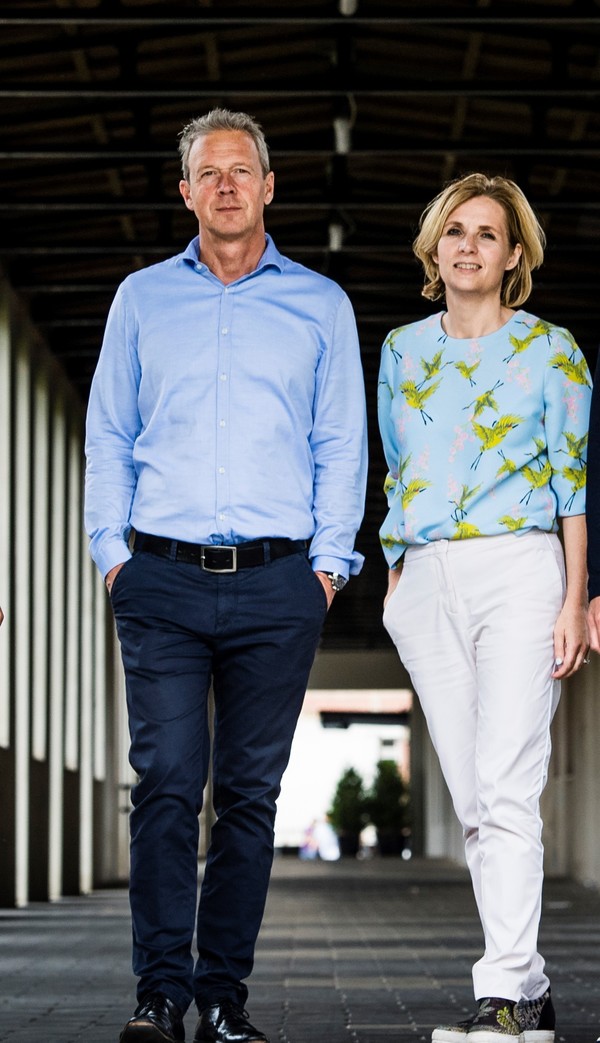
Together for a higher purpose
An excellent corporate culture is very much like top-level sport: both start from a collaboration in which each member serves as an indispensable link in achieving a higher purpose. To this end, the authors work with a culture maturity model: “The ultimate purpose is to achieve a footprint culture, the highest level of maturity, in which team members are intrinsically motivated to improve themselves while remaining humble. This is the kind of culture that attracts and retains the very best talent. Ideally, the employee behaves like a true intrapreneur.”
“A strong brand relies on employee commitment. You don’t build that in a day.”
Good news: culture can be moulded
The importance of engaged employees became painfully clear during the corona crisis. For companies or organisations in which things went wrong, there’s good news: you can mould your culture yourself. It’s a matter of creating the right context to allow your talents to excel. The rest will follow automatically. Inge van Belle and Klaus Lommatzsch list a number of elements that are key to this culture switch:
Rome wasn’t built in a day
“Neither is your company brand. Employee engagement is a craft – something you have to keep moulding. Focus first on the foundations, and regularly fine-tune things with your employees. In this way, you create a strong and future-proof brand,” concludes Inge van Belle.
“The ultimate purpose is to achieve a footprint culture in which the employee acts as a true intrapreneur.”

Measuring is knowing, also with employee engagement
Employee engagement is not a checklist that you can tick off and be done with. It’s a continuous process that must be regularly evaluated and adjusted. “At BDO, we went from annual assessments to ‘feedforward’ discussions and regular check-in moments. This allows us to keep our finger constantly on the pulse, so that we can respond more quickly to what is going on,” says Elke Verstraeten, Employee Experience & Change Expert at BDO Belgium, from experience.
You can also measure engagement via short surveys or an eNPS score (employee Net Promoter Score), which assesses the extent to which your employees would recommend your organisation to others. “Feedback from your employees is worth its weight in gold,” advises Klaus Lommatzsch. “So, incorporate it into concrete actions or new initiatives as a sign of respect for their engagement.”
The power of alliance: Herculean Alliance & Duval Union
Herculean Alliance, active in Belgium and the United Arab Emirates, was founded in 1999 as Hercules Trophy, a hobby that got out of hand. Since then, the Hercules Trophy has been organised in 10 countries, from the Netherlands to South Africa and the US. Thanks to this international experience, the founders learned the ropes and specialised in increasing employee engagement, through a platform of consulting and customised projects.
20 years later, in 2019, Duval Union, the ecosystem of experienced marketing agencies and technology start-ups, joined the alliance as a shareholder. The link between HR and marketing was established. Together, in the coming years, they want to build an international alliance (how could it be otherwise? Both organisations carry the word in their name!) of companies that focus on employee engagement. On to more involvement on and off the shop floor!


